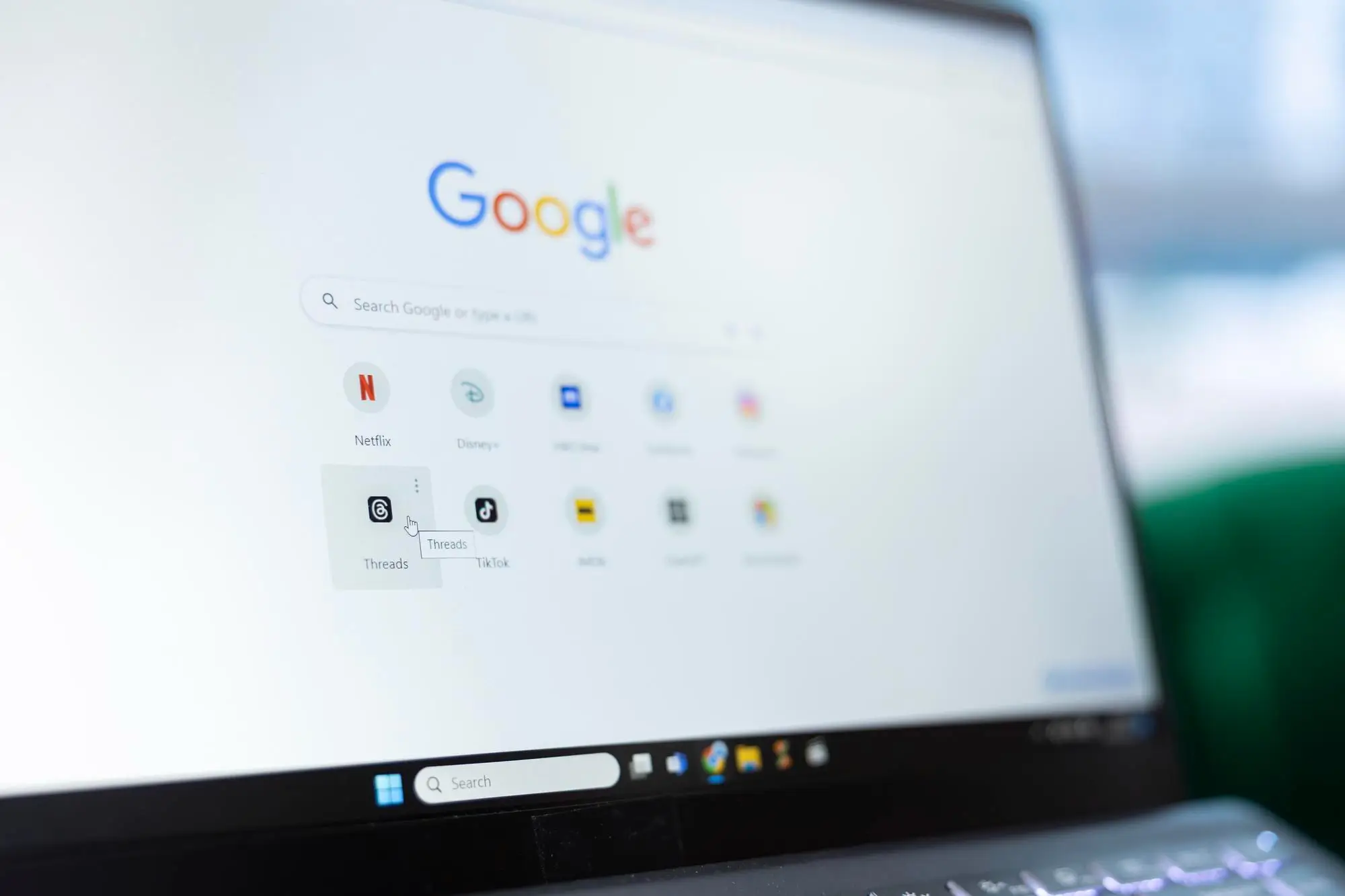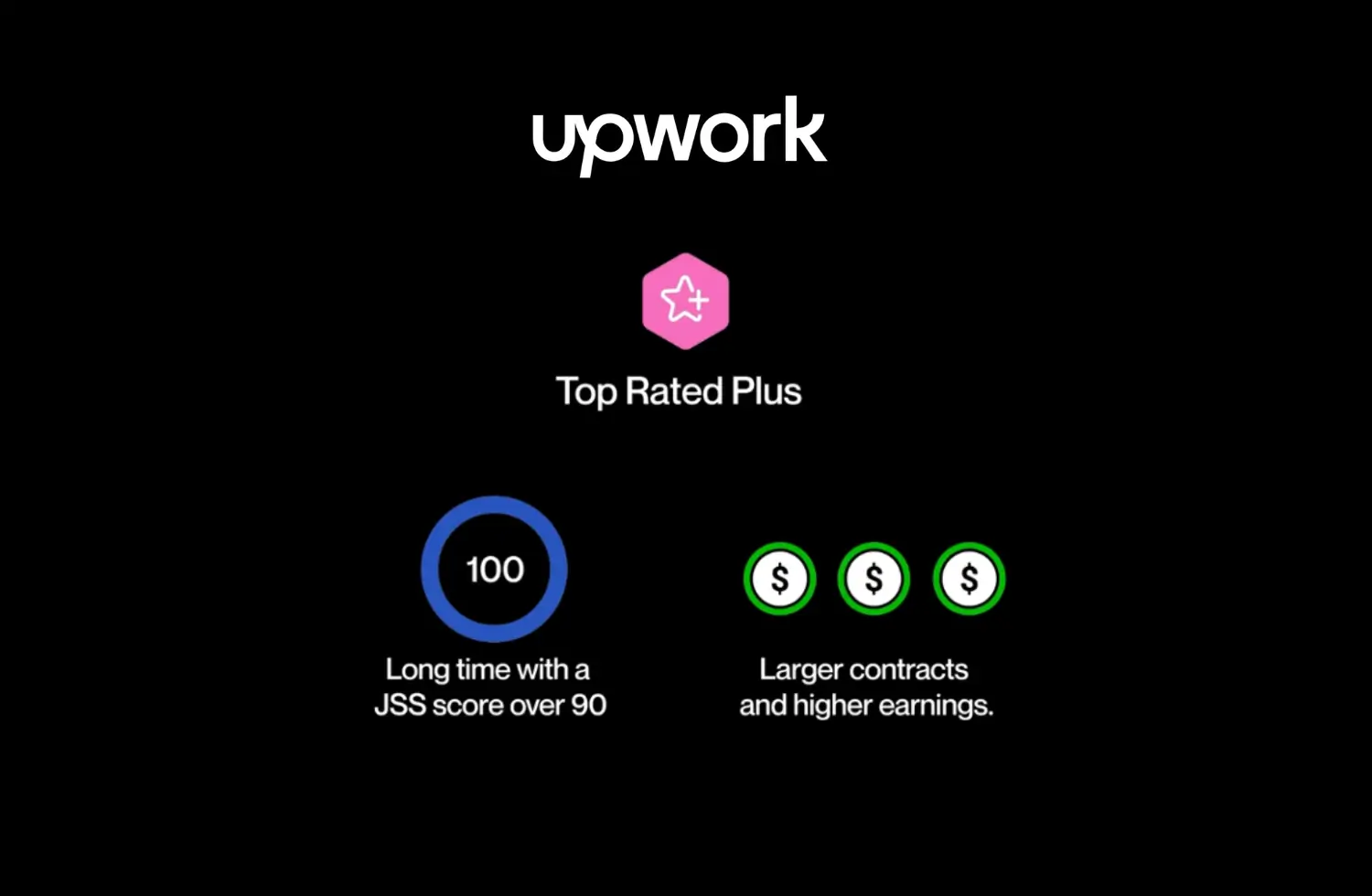Paid vs Organic Search – A Web Developer’s Guide to Striking the Balance

When it comes to growing your online presence, one of the biggest debates in digital marketing is paid search vs organic search. Should you invest in paid ads to get instant visibility? Or should you focus on organic search optimization (SEO) for long-term growth?
As a WordPress developer and SEO strategist, I often see businesses struggle to strike the right balance. Some rely too heavily on ads and burn through their budgets. Others put all their faith in SEO and lose patience when results take months to show. The truth is, paid and organic search aren’t enemies—they’re teammates. The key is knowing how to use both in harmony.
In this guide, I’ll break down paid vs organic search, explain the pros and cons, and share a developer’s perspective on how to balance them for sustainable growth.
What is Paid Search?
Paid search refers to advertising on search engines like Google or Bing, typically through platforms like Google Ads. Your website shows up at the top of search results when someone searches for targeted keywords, and you pay every time someone clicks on your ad (Pay-Per-Click or PPC).
Advantages of Paid Search:
Instant visibility in search results.
Highly targeted campaigns (by keyword, audience, or location).
Clear data for measuring ROI.
Scales quickly if budget allows.
Drawbacks of Paid Search:
Expensive, especially in competitive industries.
Traffic stops once you stop paying.
Requires constant optimization to avoid wasted spend.
What is Organic Search?
Organic search is the traffic your site gets from ranking naturally in search engines through SEO (Search Engine Optimization). This includes content creation, keyword optimization, backlinks, and technical improvements to your website.
For example, my SEO services are designed to help businesses improve organic visibility and build long-term authority.
Advantages of Organic Search:
Builds trust and credibility with users.
Cost-effective in the long run.
Sustainable traffic that doesn’t stop when ads are paused.
Helps strengthen overall brand authority.
Drawbacks of Organic Search:
Results take time (3–6+ months).
Competitive industries make ranking harder.
Algorithm changes can impact visibility.
For a deeper dive into SEO best practices, check out Google Search Central or the Moz Beginner’s Guide to SEO.
Paid vs Organic Search – Key Differences
| Feature | Paid Search (PPC) | Organic Search (SEO) |
|---|---|---|
| Cost | Pay per click | Free clicks (but time investment) |
| Speed | Instant results | Slow but steady growth |
| Trust | Lower (ads are marked as ads) | Higher (users trust organic more) |
| Longevity | Ends when budget ends | Lasts as long as you rank |
| Scalability | Easy to scale with budget | Requires long-term effort |
Why Striking the Right Balance Matters
Relying only on paid ads is risky—you’ll spend a fortune for temporary traffic. On the other hand, relying only on SEO may delay results and slow down growth.
The sweet spot lies in using paid search for quick wins while building organic search for sustainable traffic.
For example:
A new product launch? Use Google Ads for immediate visibility.
Building long-term brand authority? Double down on SEO content and backlinks.
Testing keywords? Run PPC campaigns first to see which keywords drive sales, then build content around them organically.
A Web Developer’s Perspective: Building Balance Into Your Website
As a web developer, I see search strategy not just from the marketing side—but from the technical foundation of the website itself. Here’s why development plays a critical role in balancing paid and organic search:
Technical SEO: Site speed, mobile optimization, and clean code affect organic rankings (see my web development services).
Landing Pages: Paid ads need optimized, conversion-focused landing pages (not just your homepage). My web design services ensure ad campaigns convert.
Analytics Integration: Both SEO and PPC campaigns should be tracked through Google Analytics and Search Console.
Conversion Design: From forms to checkout pages, your site should be built to convert both organic visitors and ad traffic.
A website that’s technically strong ensures you’re not wasting money on ads and that your organic efforts pay off in rankings.
Practical Strategies to Balance Paid & Organic Search
Start with Paid, Scale with Organic: Use PPC to test keywords, then use those insights to fuel your SEO content strategy.
Optimize Landing Pages for Both: Don’t create one-off ad pages—design landing pages that also rank organically.
Remarketing Ads: Use paid campaigns to re-target visitors who discovered you through organic search.
Track Everything: Measure ROI, cost-per-click, bounce rate, and keyword rankings together.
Common Mistakes to Avoid
Relying solely on ads: This creates unsustainable traffic.
Ignoring SEO while running ads: You miss the chance to build authority and lower future ad spend.
No conversion tracking: Without data, you can’t tell which channel drives results.
Conclusion
Paid and organic search are not rivals—they’re complementary. Paid search gives you speed, organic search gives you sustainability. When balanced correctly, you can enjoy instant visibility today while building long-term growth for tomorrow.
As a web developer, I believe every business should focus on a website that supports both. Fast, optimized, conversion-ready sites make ads more effective and SEO stronger.
If you want a site built to perform for both paid and organic search, let’s connect through my contact page.


